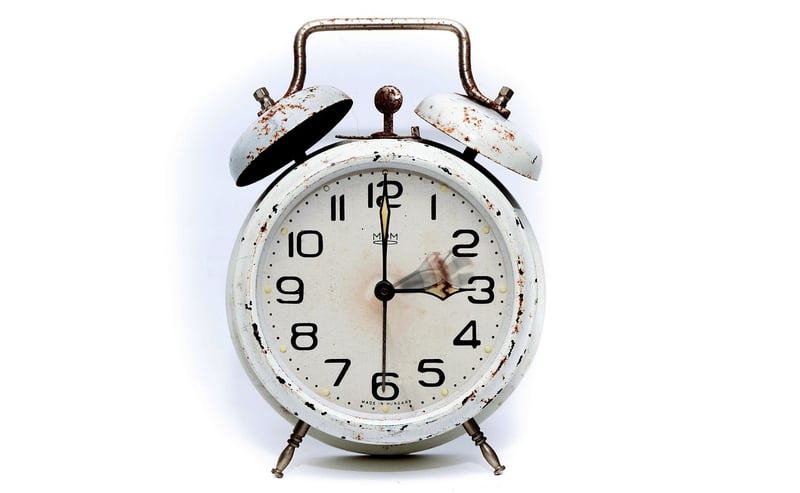Temporal paradoxes
The Science Behind Time Travel and Temporal Paradoxes
Time travel has long been a fascinating concept in science fiction, but is there any scientific basis to it? Let's delve into the theories and possibilities of time travel and explore the mind-bending concept of temporal paradoxes.
Understanding Time Travel
According to Einstein's theory of relativity, time is not a constant but is relative and can be affected by gravity and speed. This theory forms the basis of the possibility of time travel. There are several theories proposed by physicists that suggest time travel could be theoretically possible, such as wormholes, time dilation, and cosmic strings.
Wormholes
Wormholes are hypothetical tunnels in spacetime that could create shortcuts for long journeys across the universe and potentially allow for time travel. However, the existence of wormholes remains purely theoretical, and their stability and navigability pose significant challenges.
Time Dilation
Time dilation occurs when an object is moving at speeds approaching the speed of light, causing time to pass more slowly relative to a stationary observer. This phenomenon has been observed in experiments with particles but has yet to be scaled up to allow for human time travel.
Cosmic Strings
Cosmic strings are another theoretical concept that could potentially warp spacetime and create closed timelike curves, allowing for time travel. However, the existence of cosmic strings has not been confirmed, and their properties remain speculative.
Temporal Paradoxes
One of the most intriguing aspects of time travel is the possibility of encountering temporal paradoxes, where the very fabric of causality is challenged. The most famous of these paradoxes include the grandfather paradox, the bootstrap paradox, and the predestination paradox.
Grandfather Paradox
The grandfather paradox occurs when a time traveler goes back in time and prevents their grandparents from meeting, thus preventing their own birth. This paradox raises questions about the possibility of altering the past and the implications it would have on the present and future.
Bootstrap Paradox
In the bootstrap paradox, an object or information is sent back in time in an endless loop with no clear origin. This paradox challenges the idea of causality and raises the question of where the initial information or object came from.
Predestination Paradox
The predestination paradox involves a sequence of events in which a time traveler's actions in the past inadvertently lead to the events they were trying to prevent. This paradox suggests that time travel may be predetermined and that attempts to change the past are futile.
Conclusion
While time travel remains a theoretical concept with many unanswered questions and paradoxes, it continues to capture the imagination of scientists and science fiction enthusiasts alike. The exploration of time travel and temporal paradoxes challenges our understanding of the universe and the nature of causality.

Image Source: Pixabay
